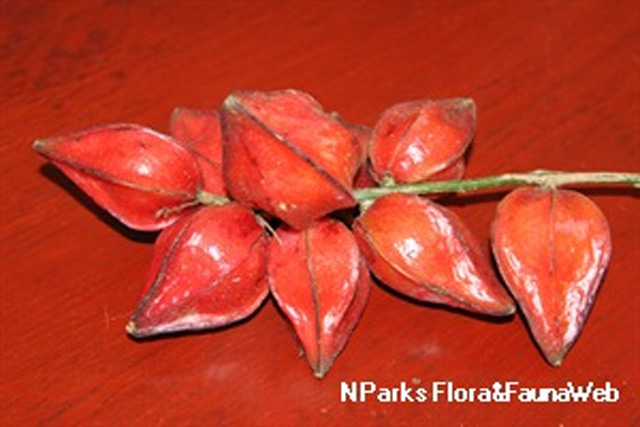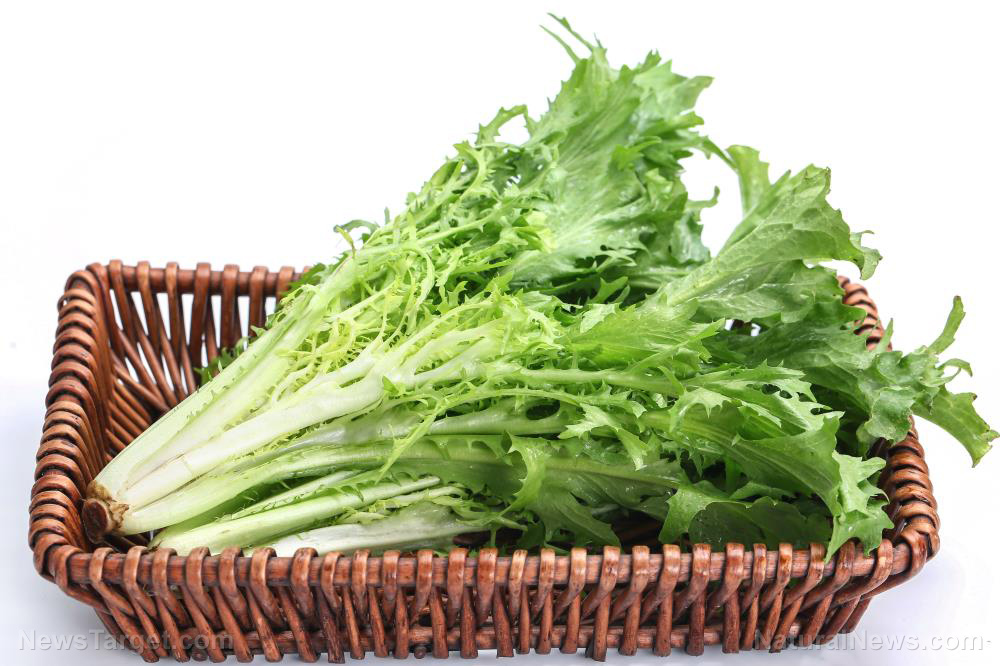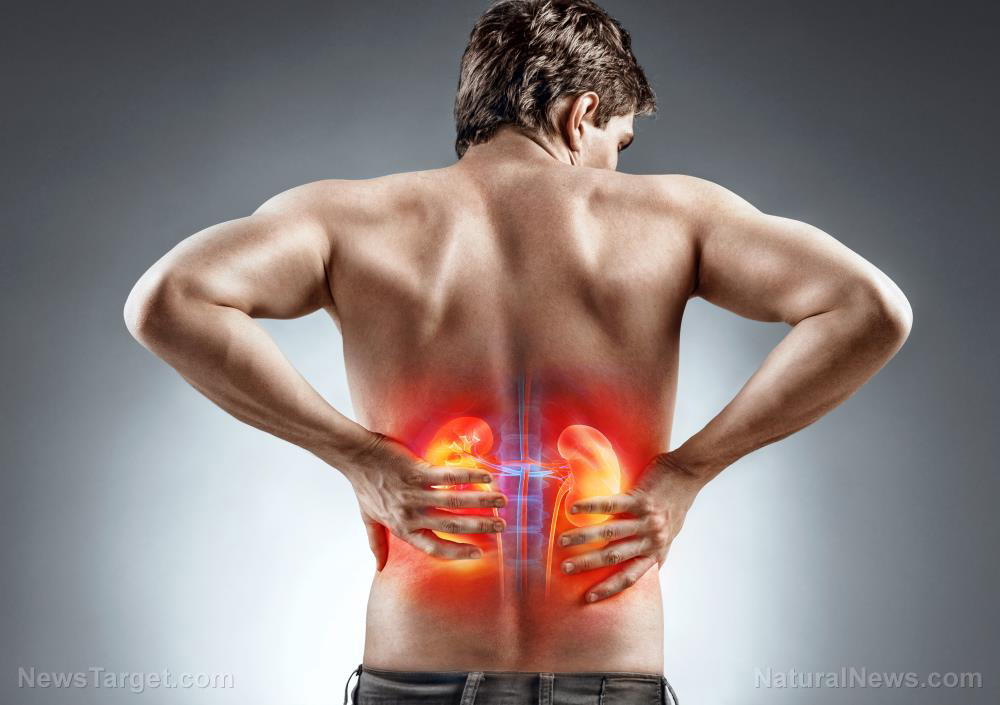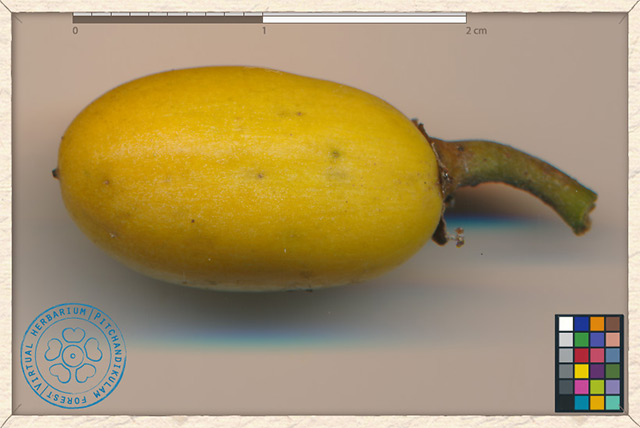Xyloglucan supplementation found to protect against myocardial infarction by inhibiting cell death, boosting energy metabolism
05/22/2019 / By Michelle Simmons

A study published in the journal Nutrition Research looked at the potential of xyloglucan supplementation in reducing myocardial injury. The study was carried out by researchers at the Catholic University of Daegu in South Korea.
- The researchers previously found that cell wall polysaccharides containing high amounts of arabinose and/or xylose, such as apple pectin, can protect against myocardial injury.
- In the current study, the researchers hypothesized that xyloglucan, an apple cell wall polysaccharide that contains high amounts of xylose, might also exhibit myocardial protection.
- To test their hypothesis, they supplemented rats with either tamarind xyloglucan or cotton cellulose for three days.
- Then, they let the rats undergo ischemia for 30 minutes followed by three hours of reperfusion or restoration of blood flow.
- The researchers found that supplementation with tamarind xyloglucan at a dosage greater than 10 milligram (mg)/kilogram (kg) per day significantly reduced the infarct size, while cotton cellulose supplementation (100 mg/kg per day) did not reduce the infarct size.
- Supplementation with xyloglucan also increased the expression of myoglobin and fatty acid-binding protein. Both play a role in apoptosis and adenosine triphosphate (ATP) generation.
- Xyloglucan supplementation inhibited apoptosis by decreasing p38 and JNK phosphorylation, increasing Bcl-2/Bax ratio, inhibiting the conversion of procaspase-3 to cleaved caspase-3, and decreasing the generation of DNA nicks.
These findings suggested that xyloglucan in apple can protect against myocardial injury and lower the risk of coronary heart disease by inhibiting apoptosis and improving energy metabolism.
Visit HeartDisease.news to learn more about heart disease prevention.
Journal Reference:
Lim SH, Lee J. XYLOGLUCAN INTAKE ATTENUATES MYOCARDIAL INJURY BY INHIBITING APOPTOSIS AND IMPROVING ENERGY METABOLISM IN A RAT MODEL OF MYOCARDIAL INFARCTION. Nutrition Research. September 2017;45:19-29. DOI: 10.1016/j.nutres.2017.07.003
Tagged Under: alternative medicine, apoptosis, arabinose, cardiovascular disease, coronary heart disease, cotton cellulose, disease treatments, food cures, food is medicine, functional food, heart attack, heart disease, herbal medicine, myocardial infarction, natural cures, natural medicine, prevention, remedies, research, supplements, xyloglucan, xylose



















